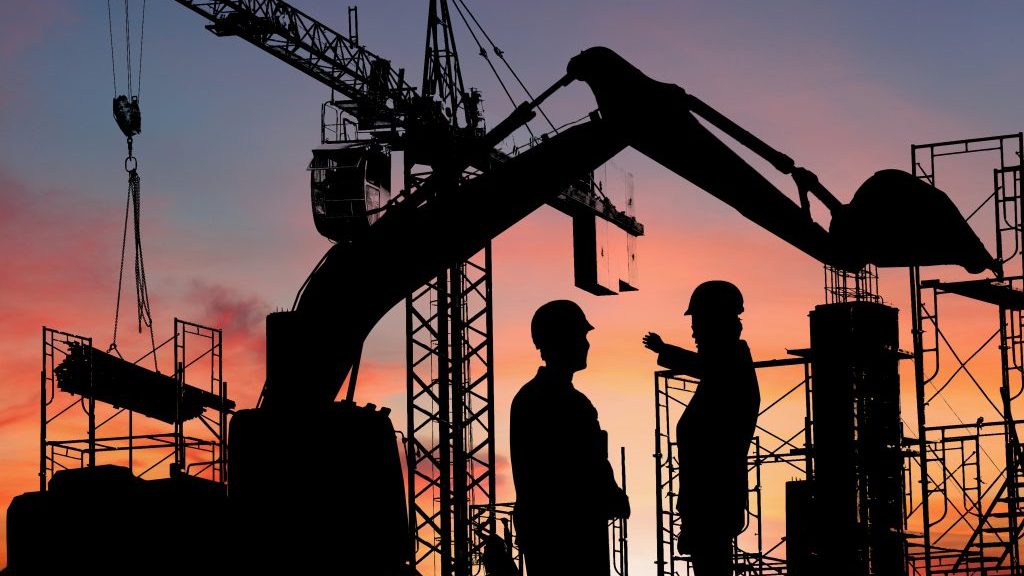DUBLIN — The construction industry in Canada registered annual growth of 6.1 per cent in real terms in 2021 with expansion in 2022 expected to reach four per cent, according to a new forecast by Ireland-based Research and Markets.
Last year’s improvement compared to a decline of two per cent in 2020.
The information was contained in Canada Construction Market Size, Trends and Forecasts 2022-2026, an industry report released this month.
Last year’s output was supported by an improvement in residential building construction and civil engineering activities, which registered annual growth of 13 per cent and 1.8 per cent respectively, stated a release. Additionally, progress in Canada’s vaccination drive, an increase in household incomes and a recovery in the global economy also enabled the industry’s growth in 2021.
The publisher is basing growth predictions in 2022 on strong building permit data. According to Statistics Canada, the value of building permits rose by 8.3 per cent in 2021, with the value of residential buildings rising by 9.1 per cent and that of non-residential buildings rising by 6.8 per cent last year.
The industry’s output will be supported by investments in residential, transport, housing and oil and gas projects. In January 2022, the Canadian Association of Petroleum Producers reported that capital spending in the country’s oil and gas sector is expected to rise by 22 per cent and reach 32.8 billion in 2022.
However, the rise in construction material prices, labour shortages and the recent hike in interest rates could pose a downside risk to the industry’s outlook in the initial part of the forecast period. According to Statistics Canada, the residential building construction price index rose by 18.1 per cent in 2021, while that of non-residential buildings rose by 6.9 per cent in the same year.
The industry is expected to register an annual average growth of 2.2 per cent from 2023 to 2026, supported by public project growth. It includes an investment of $10 billion on clean energy projects, broadband projects, building retrofitting, agriculture irrigation projects and electric buses and charging infrastructure.
